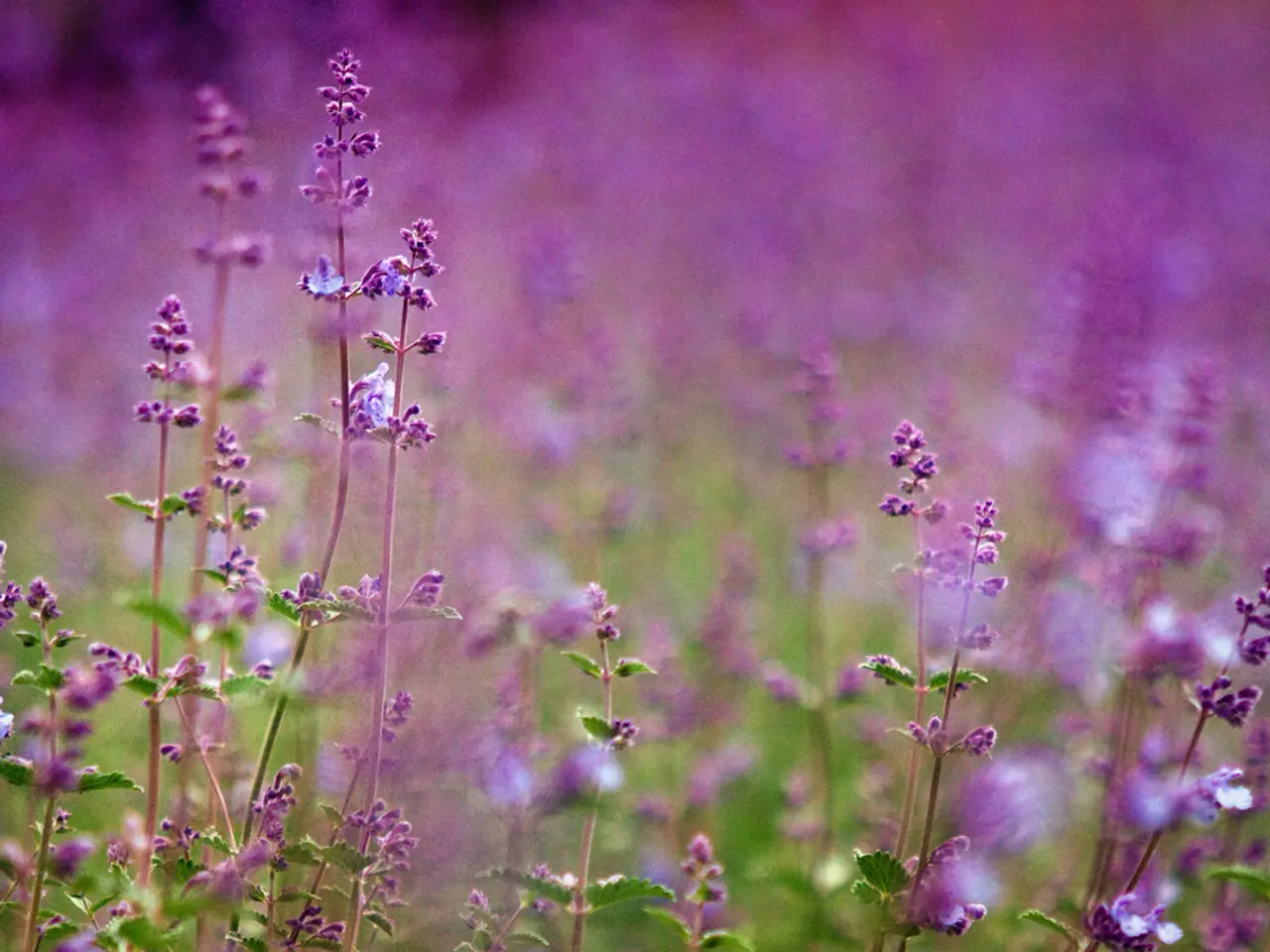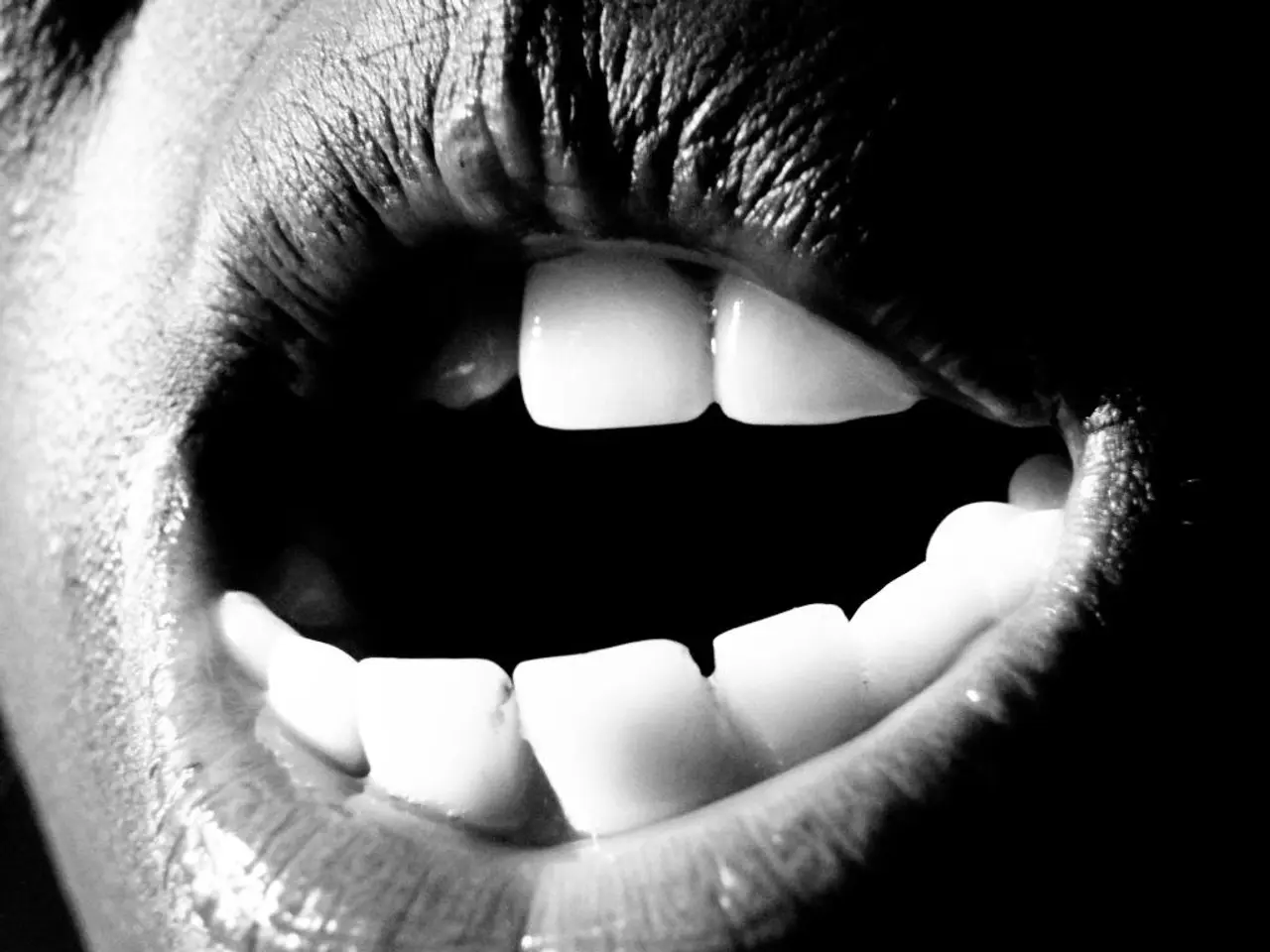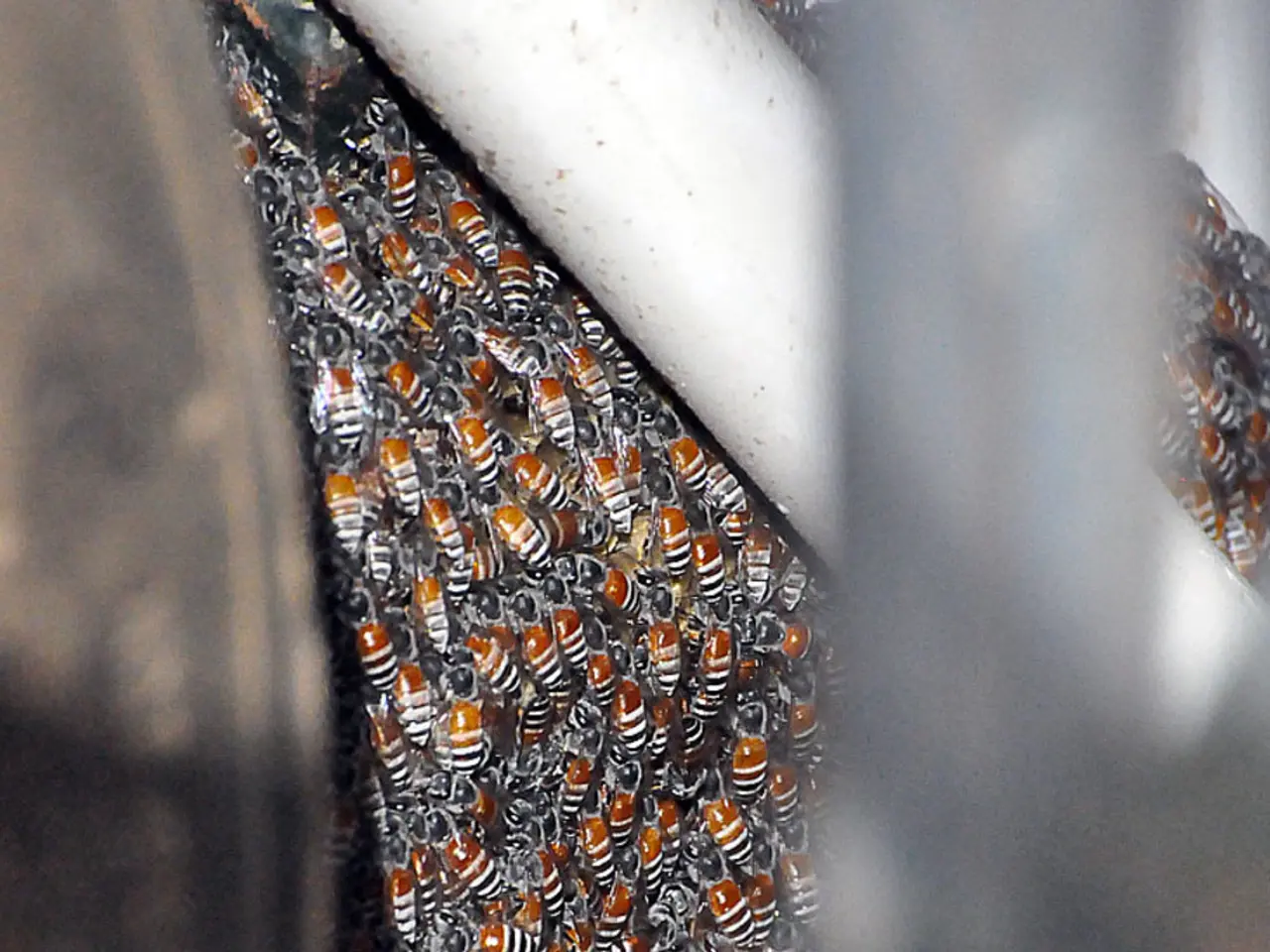Herbal supplements and their impact on emotional health explored
In the modern age, herbal supplements are increasingly being recognised for their potential in supporting both mental and physical well-being. Several herbs have scientific support for their role in emotional health and stress management, as demonstrated by clinical trials and systematic reviews.
One such herb is Saffron (Crocus sativus), which has robust evidence showing it significantly improves symptoms of depression and anxiety, comparable to standard antidepressants like SSRIs, at doses around 30 mg/day. It works possibly through serotonin reuptake inhibition and antioxidant effects, and is well tolerated with minimal side effects.
Lavender (Lavandula angustifolia) essential oil is another herbal medicine approved by the European Medicine Agency for its mild sedative and anxiolytic properties. Studies demonstrate it can reduce symptoms of anxiety and depression and promote relaxation and sleep.
Rhodiola rosea shows promise in reducing stress, fatigue, and anxiety, and in improving mood and emotional stability in mild to moderate depression. Some studies report effects comparable to antidepressants but with fewer side effects. It also may improve cognitive function under stress.
Valerian extract may reduce anxiety symptoms and has been noted to decrease heart rate and sympathetic nervous system activity, which may aid stress relief.
Passionflower is another herb with anxiolytic effects, though less prominently than the above.
Other natural plant extracts, such as Polygala tenuifolia, Cistanche tubulosa, and Ginkgo biloba, may help cognitive function, which is important for overall emotional resilience, but more research is needed to confirm their role specifically in emotional health and stress management.
The table below provides a summary of key herbal supplements for emotional health and stress management:
| Herb/Extract | Benefits | Supported By | Notes | |--------------------|-----------------------------|-------------------------------------|-------------------------------------| | **Saffron** | Antidepressant, anxiolytic | Multiple RCTs, meta-analyses[1][2] | Comparable to SSRIs, well tolerated | | **Lavender** | Anxiolytic, mild sedative | EMA approved, clinical studies[1] | Promotes relaxation and sleep | | **Rhodiola rosea** | Stress reduction, mood enhancer | Clinical trials[3] | Effective for mild/moderate symptoms| | **Valerian extract**| Anxiety reduction | RCT and studies[1] | May reduce heart rate, sympathetic activity | | **Passionflower** | Anxiolytic | Systematic review[1] | Less robust than others |
These herbs offer evidence-backed options for natural support in emotional health and stress management, often working through pathways like neurotransmitter modulation, mild sedation, and stress hormone regulation. Combining them with lifestyle interventions such as exercise, mindfulness, and sleep hygiene may enhance overall mental health benefits.
It is important to note that herbal medicines should be used responsibly, with careful research and professional guidance. Standardized fractions from reputable brands ensure strength and safety. Additionally, some herbs, such as St. John's wort, can interact with certain medications, so it is crucial to consult a healthcare provider before starting any new supplement regimen.
Herbal supplements can provide a complementary approach to standard medical treatments for emotional health and stress management. Chamomile, for instance, is used for its cooling properties to help remove anxiety and promote sleep, while herbal teas can be beneficial for maintaining body temperature and reducing coldness.
Future research on herbal supplements for mental health may discover new herbs with recovery functionality and refine dosage recommendations. However, it is clear that the current evidence supports the use of several herbs in promoting emotional well-being, managing stress, and improving overall mental health.
- In the realm of mental health, herbal supplements like Saffron, Lavender, Rhodiola rosea, Valerian extract, and Passionflower have shown promising results for emotional well-being and stress management.
- Saffron, used at doses around 30 mg/day, demonstrates significant improvement in symptoms of depression and anxiety, becoming a potential alternative to standard antidepressants.
- Lavender essential oil, approved by the European Medicine Agency, alleviates symptoms of anxiety and depression, promoting relaxation and sleep.
- Rhodiola rosea reduces stress, fatigue, and anxiety, and improves mood in mild to moderate depression, with effects comparable to antidepressants but fewer side effects.
- Valerian extract may reduce anxiety symptoms and lower heart rate, aiding stress relief, while Passionflower exhibits anxiolytic effects, though less robust than other herbs.
- Natural plant extracts such as Polygala tenuifolia, Cistanche tubulosa, and Ginkgo biloba hold potential for improved cognitive function, essential for emotional resilience, but more research is needed.
- These evidence-backed herbs may synergize with lifestyle interventions such as exercise, mindfulness, and sleep hygiene to boost mental health benefits.
- While herbal supplements can complement traditional medical treatments for emotional health and stress management, their usage must be conducted responsibly, with proper research and professional guidance, considering potential interactions with certain medications.





